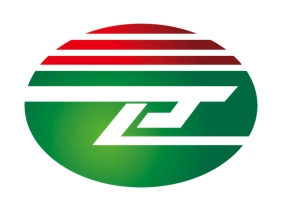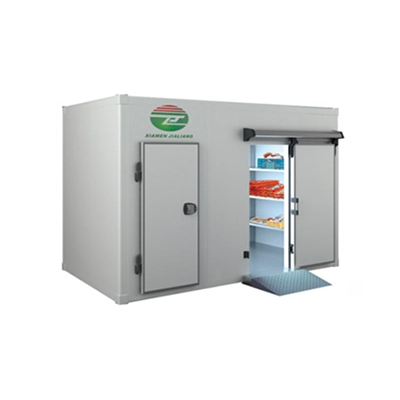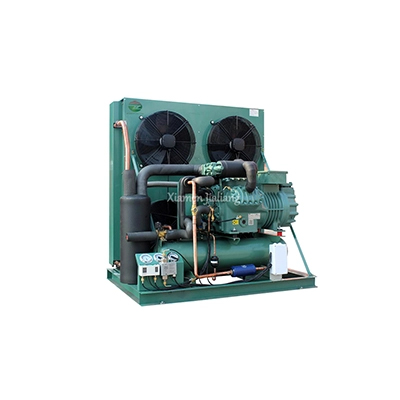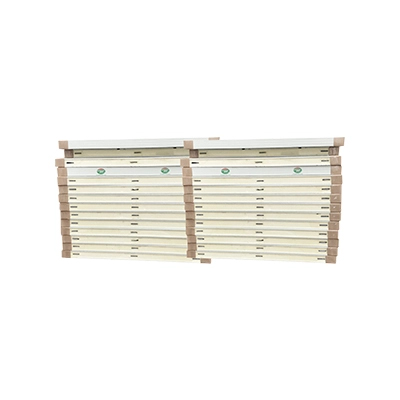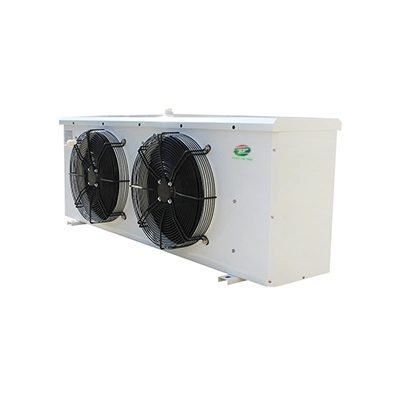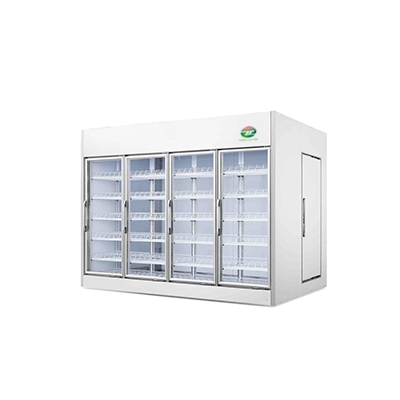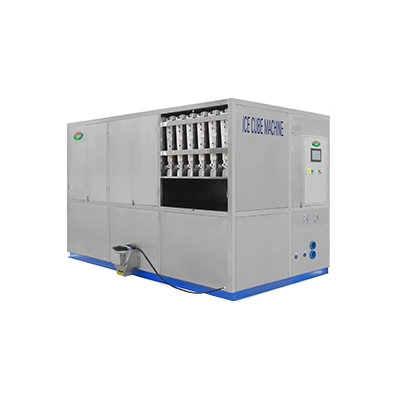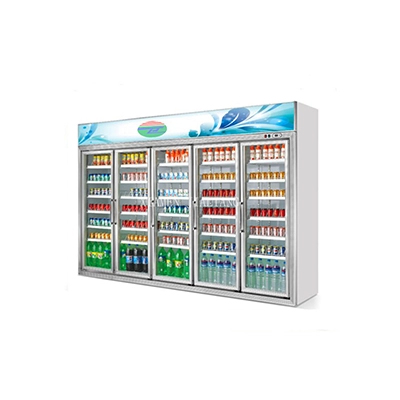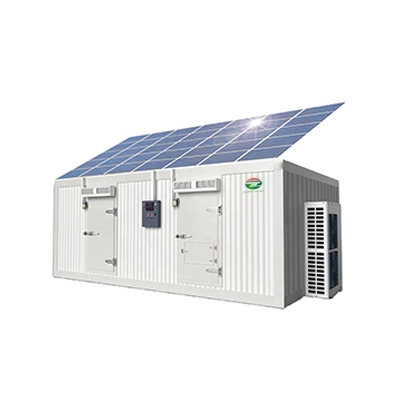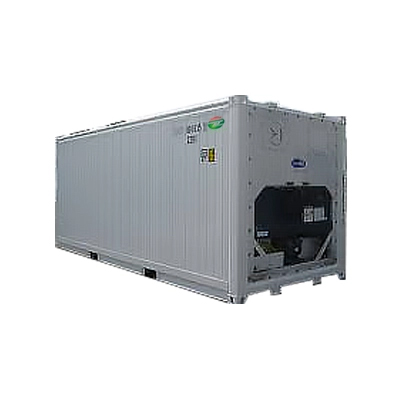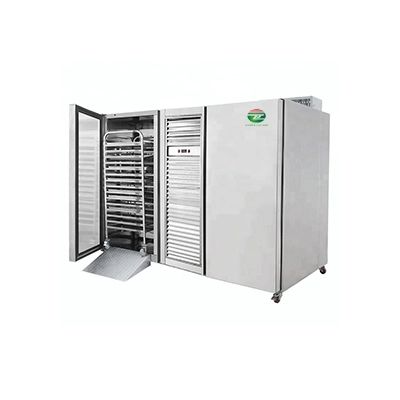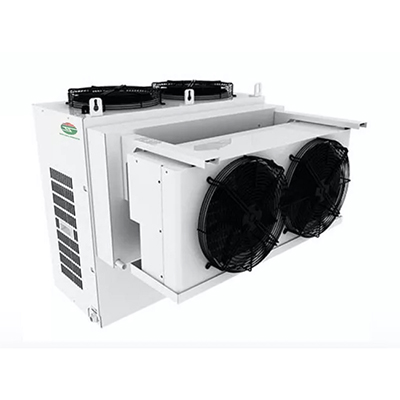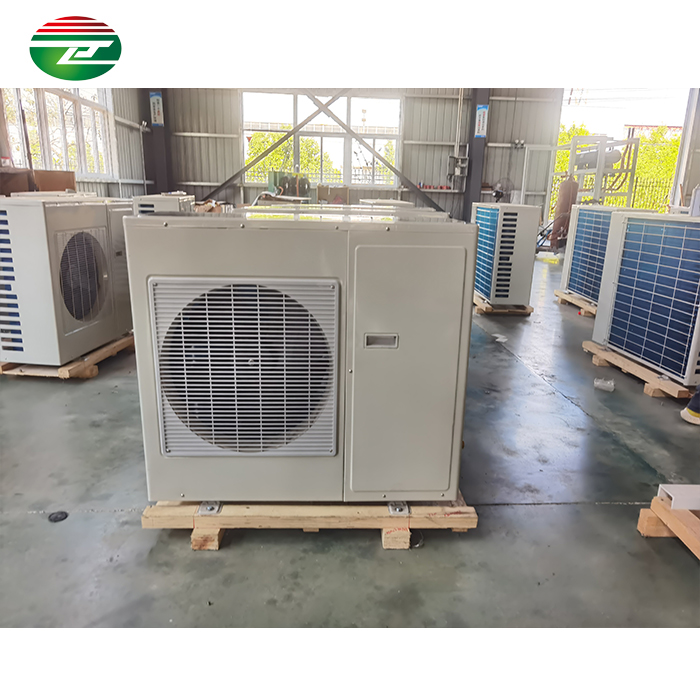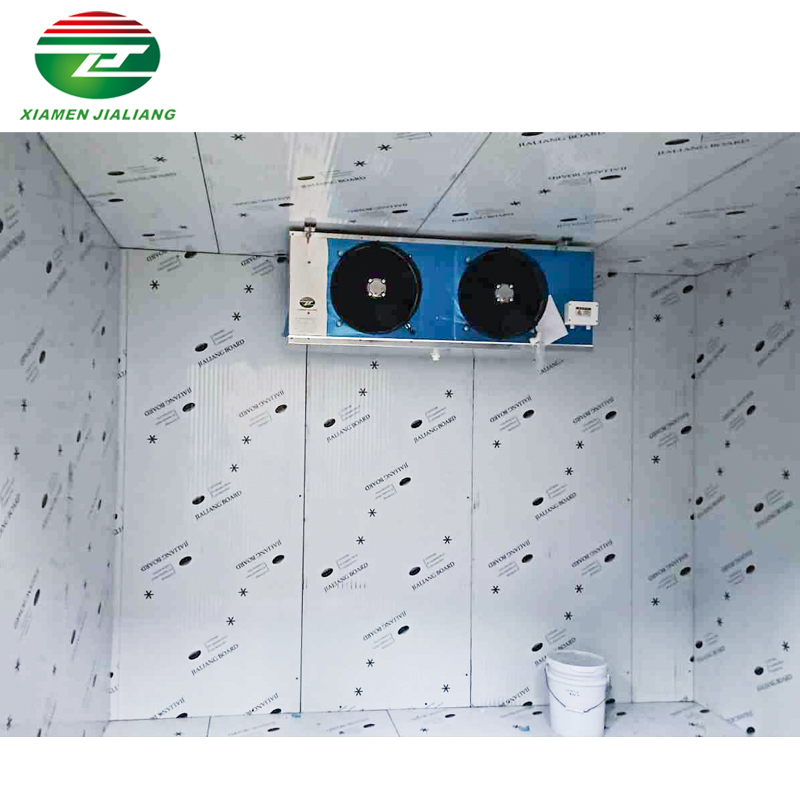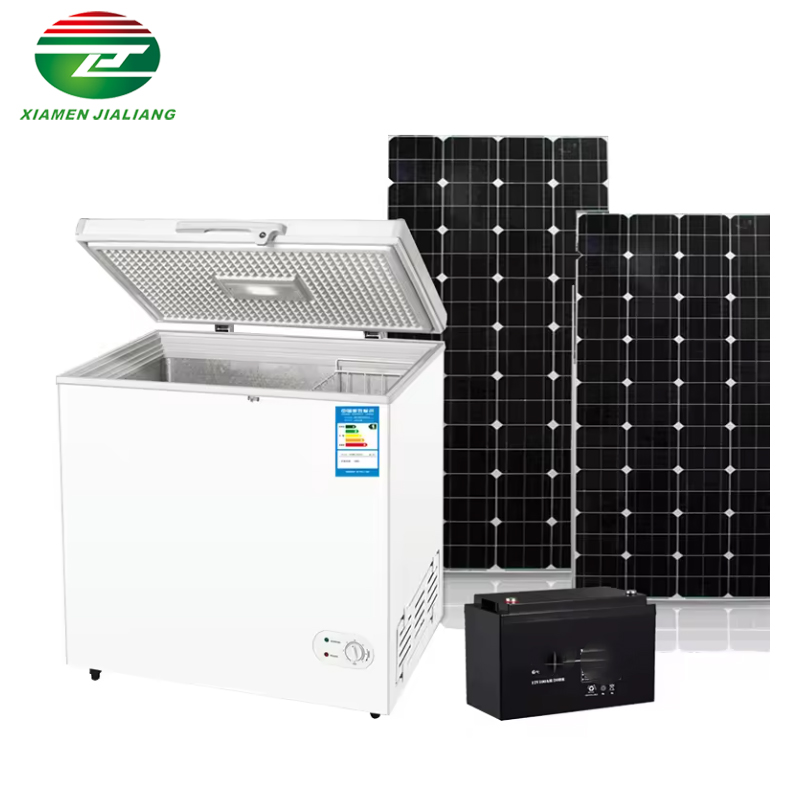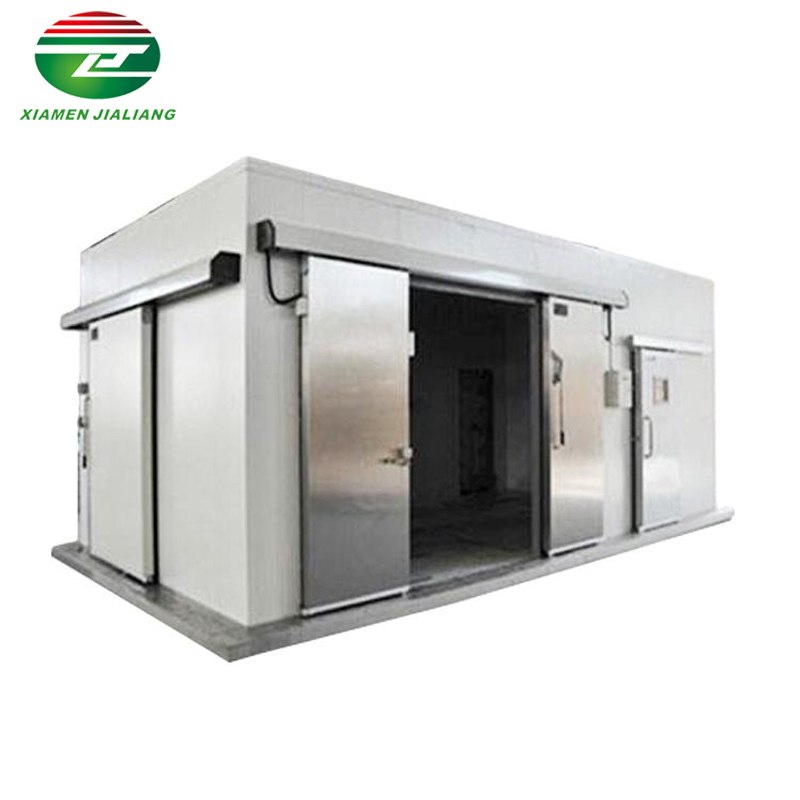How can solar panels be used to extend their life?
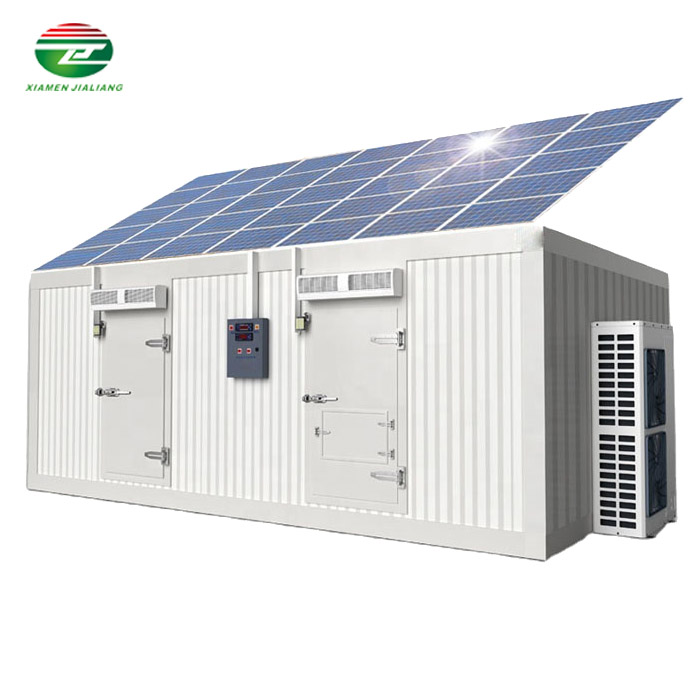
Solar panels have become an increasingly popular and sustainable energy source in recent years. However, like any technology, they have a limited lifespan. To ensure that solar panels continue to provide clean and efficient energy for as long as possible, it is important to understand the factors that can affect their lifespan and implement strategies to extend their lifespan.
One of the key factors that affect the lifespan of solar panels is the environmental factors they are exposed to. Factors such as temperature fluctuations, humidity, and UV radiation can all affect the performance and lifespan of solar panels. Additionally, the quality of the materials used in the manufacture of solar panels also plays a major role in determining their lifespan.
There are a number of tips and techniques that can be employed to maximize the lifespan of solar panels. For example, regular maintenance and cleaning can help remove debris and dirt that can accumulate on the surface of the panel and reduce its efficiency. Additionally, ensuring that the panel is properly installed and positioned can prevent unnecessary stress and damage.
In this article, we will take an in-depth look at the various factors that can affect the lifespan of solar panels and provide practical tips for extending their lifespan. By understanding these factors and implementing the recommended strategies, individuals and businesses can make the most of their investment in solar energy and contribute to a more sustainable future.
Factors that affect the lifespan of solar panels
Solar panels are a sustainable and cost-effective solution for producing clean energy. However, their lifespan can be affected by a variety of factors. Understanding these factors can help individuals and businesses make smart decisions when investing in a solar panel system.
One of the key factors that affects the lifespan of solar panels is temperature. Extreme temperatures, whether hot or cold, can affect the performance and lifespan of solar panels. In cold climates, snow and ice can accumulate on panels, reducing their efficiency. Additionally, temperature fluctuations can cause the materials used in solar panels to expand and contract, leading to potential damage over time.
Another important factor to consider is the quality of the solar panels themselves. Investing in high-quality panels can significantly extend their lifespan. Cheaper, lower-quality panels may degrade faster and require more frequent maintenance or replacement. It is essential to research and choose reputable manufacturers and suppliers to ensure the longevity of your solar panels.
Regular maintenance and cleaning also play a vital role in maximizing the lifespan of your solar panels. Dust, dirt, leaves, and other debris can accumulate on the surface of panels, blocking sunlight and reducing their efficiency. Cleaning the panels regularly and ensuring they are free of any obstructions can help maintain their optimal performance and extend their lifespan.
Proper installation is another factor that affects the lifespan of solar panels. It is essential that the panels are installed by trained professionals and in accordance with the manufacturer's guidelines. Improper installation can lead to structural damage, electrical issues, and even total system failure. By ensuring proper installation, you can minimize the risk of premature panel degradation or damage.
Finally, the geographic location of your solar panels can affect their lifespan. Areas with high pollution levels or heavy industrial activity can expose panels to pollutants and corrosives, which can reduce their performance over time. Similarly, coastal areas with high levels of salt in the air can cause corrosion and damage to panels.
Tips to Extend the Life of Your Solar Panels
As solar panels become an increasingly popular choice for renewable energy, it’s important to know how to maximize their lifespan and ensure optimal performance. Here are some valuable tips to extend the life of your solar panels.
First, regular cleaning and maintenance are essential. Over time, dirt, dust, and debris can accumulate on the surface of your solar panels, reducing their efficiency. It’s recommended to clean your panels at least twice a year, and more frequently if you live in an area with high levels of pollution or dust. Use a soft cloth or sponge and a mild detergent to gently remove any buildup, taking care not to scratch the surface.
Another important factor to consider is the effect of extreme temperatures on solar panels. While they’re designed to withstand a variety of weather conditions, extreme heat or cold can affect their performance. In cold climates, it is imperative to ensure that snow or ice does not accumulate on the panels. This can be done by mounting the panels at an angle or using a cold room to prevent freezing.
In addition, it is also vital to protect the solar panels from physical damage. This can be done by mounting them in a safe location away from potential hazards or using a protective cover. Regular inspections should also be performed to identify any signs of damage or wear. Repairs or replacements should be promptly made to prevent further deterioration.
In addition, investing in quality solar panel systems and components is essential to extend the lifespan. Choose panels that are known for their durability and efficiency. Research reputable manufacturers and seek professional advice to ensure that you make the right choice. Also, consider investing in a quality inverter as this is a key component of the system and will greatly affect its lifespan.
Finally, it is also important to monitor the performance of your solar panels regularly. Track energy production and compare it to expected output. If you notice a significant drop in efficiency, it may indicate that there is a problem that needs to be addressed. Prompt action can help prevent further damage and extend the overall lifespan of the panels.
Conclusion
This article discusses several factors that can affect the lifespan of solar panels. These factors include temperature, panel quality, regular maintenance, proper installation, and geographic location. By considering and addressing these factors, individuals and businesses can ensure that their solar panel systems continue to efficiently produce clean energy over the long term. This article also provides tips for maximizing the life and performance of solar panels, such as regular cleaning, protection from extreme temperatures, prevention of physical damage, investing in quality components, and monitoring performance. Proper care and maintenance are emphasized, as they not only extend the life of the panels, but also help reap the benefits of clean and sustainable energy.
